Psychology
Colleges and Programs of Study
The Wesleyan program offers many options, including the study of behavior analysis, learning, social adjustment, addiction and recovery, abnormal behavior, human relations, behavior modification, and personality theory and assessment.
Students who study experimental or behavior modification use an animal testing laboratory and obtain experience in applying statistics and computers to psychology. You may have opportunities to collaborate with faculty on special research projects, with results being published in national psychological journals. Practicum and internship experiences are essential components of preparation for employment and advanced study in related fields. Many students prefer to do internships with children and often work with the child development center on campus


Mary M. Medlin, Ph.D.
Assistant Professor
Ph.D. – The University of Southern Mississippi
B.A., M.S. – The University of Louisiana at Monroe
Email: medlin.m@dos5.net
Office: Reemsnyder 142
Phone: 304-473-8058
Background: Dr. Medlin studied at The University of Southern Mississippi, completing a Ph.D. in Brain & Behavior Psychology. Her research interests include the evolutionary basis of social perceptions, primarily as it relates to attitudes regarding perceived personality characteristics, socially acceptable behaviors (e.g., sexual assault), and scientific information dissemination. My research primarily considers how these attitudes and beliefs are shaped through personality and other socially relevant individual difference factors (e.g., political affiliation, social awareness). I have investigated these perceptions as they relate to social attitudes towards specific behaviors/ideology (e.g., rape myth acceptance, scientific attitudes, humor appreciation) and acceptability of personality characteristics (e.g., narcissism). She is Director of the Social & Evolutionary Psychology Laboratory.
Paul Landen, Ph.D. LPC
Professor of Psychology
Email: landen.p@dos5.net
Office: Reemsnyder 141
Phone: 304-473-8096
Background: Dr. Landen completed his Ph.D. in Psychology and Religious Studies from Michigan State University and Post-Doctoral Study in Clinical Community Psychology with a Rural Indigenous focus from the University of Alaska. In addition, he holds a Master of Arts in Counseling from Michigan State University, a Master of Arts in Pastoral Ministry from Marygrove College and a Master of Education in curriculum and instruction from Ferris State University. He also earned a Bachelor of Science in psychology and Bachelor of Arts in religious studies with a certificate in gender studies from Michigan State University. He is a Professor Emeritus of Psychology at the University of Alaska, Kenai Peninsula Campus in Soldotna, Alaska. While there he also served as Faculty-In-Residence in the Res Hall and Director of the Gateway Scholars Living-Learning Community. His academic interests include: Multicultural Psychology, Rural and Indigenous Psychology, Community Psychology, Human Sexuality, Death and Dying. He is also a Licensed Professional Counselor in Michigan.
-
Psychology
Students will:
- Students will demonstrate the ability to apply principles and theories to professional settings under supervision.
- Students will demonstrate knowledge of the major principles, research methods and theories of human and animal behavior.
- Students will be able to gain admission to graduate school programs in psychology and related social fields.
- Students will demonstrate proficiency in oral presentation and defense of their research.
- Students and alumni will express satisfaction with department faculty and curriculum
- Students will be able to design, execute, critically analyze and report study of some aspect of human or animal behavior.
- Students will indicate improved understanding of self and others as a result of their experiences in the psychology program.
-
Psychology
Students will:
- Students will demonstrate the ability to apply principles and theories to professional settings under supervision.
- Students will demonstrate knowledge of the major principles, research methods and theories of human and animal behavior.
- Students will be able to gain admission to graduate school programs in psychology and related social fields.
- Students will demonstrate proficiency in oral presentation and defense of their research.
- Students and alumni will express satisfaction with department faculty and curriculum
- Students will be able to design, execute, critically analyze and report study of some aspect of human or animal behavior.
- Students will indicate improved understanding of self and others as a result of their experiences in the psychology program.
Programs of Study
-
Art and Design
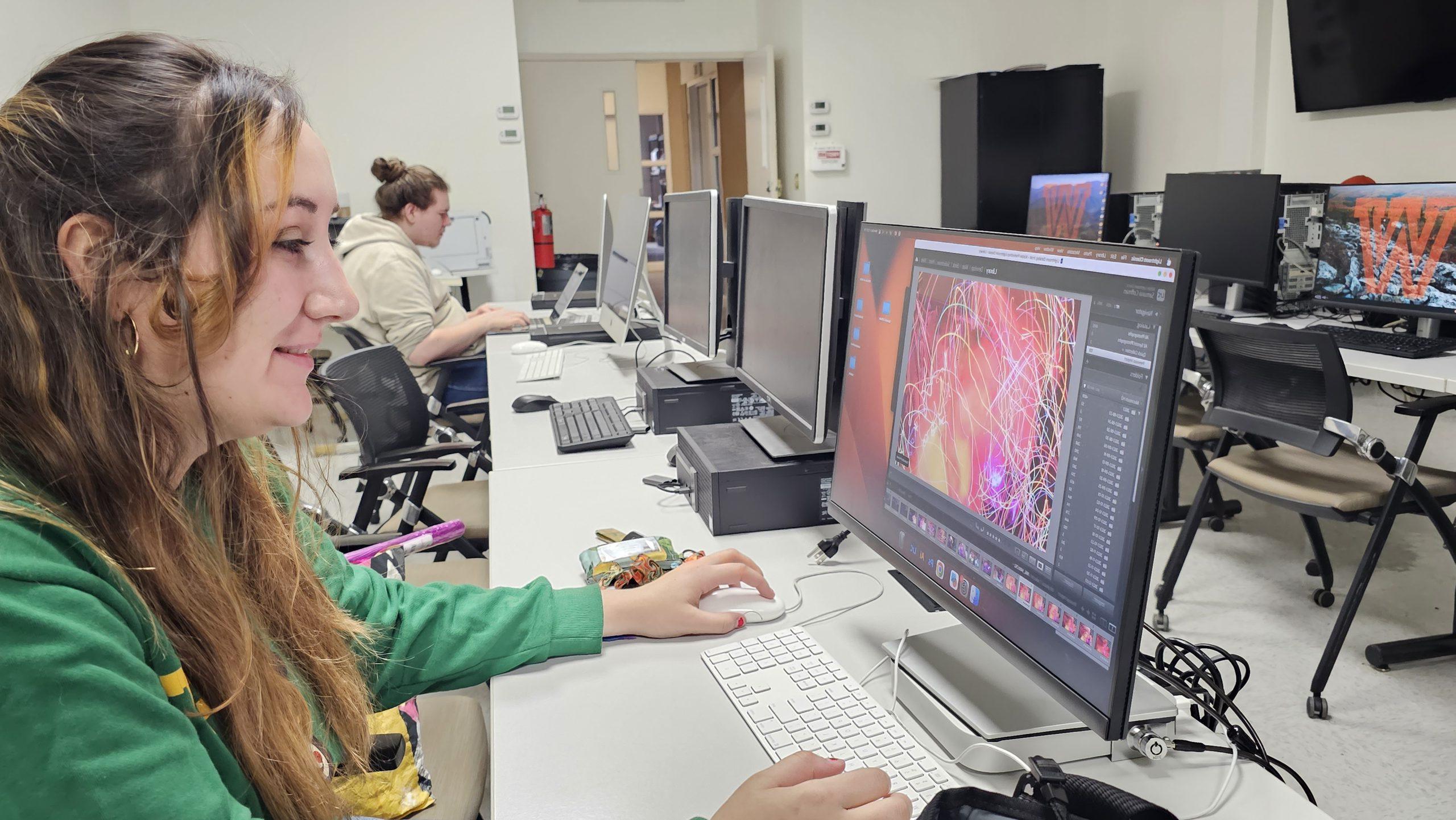
-
Biology & Environmental Science

-
Business
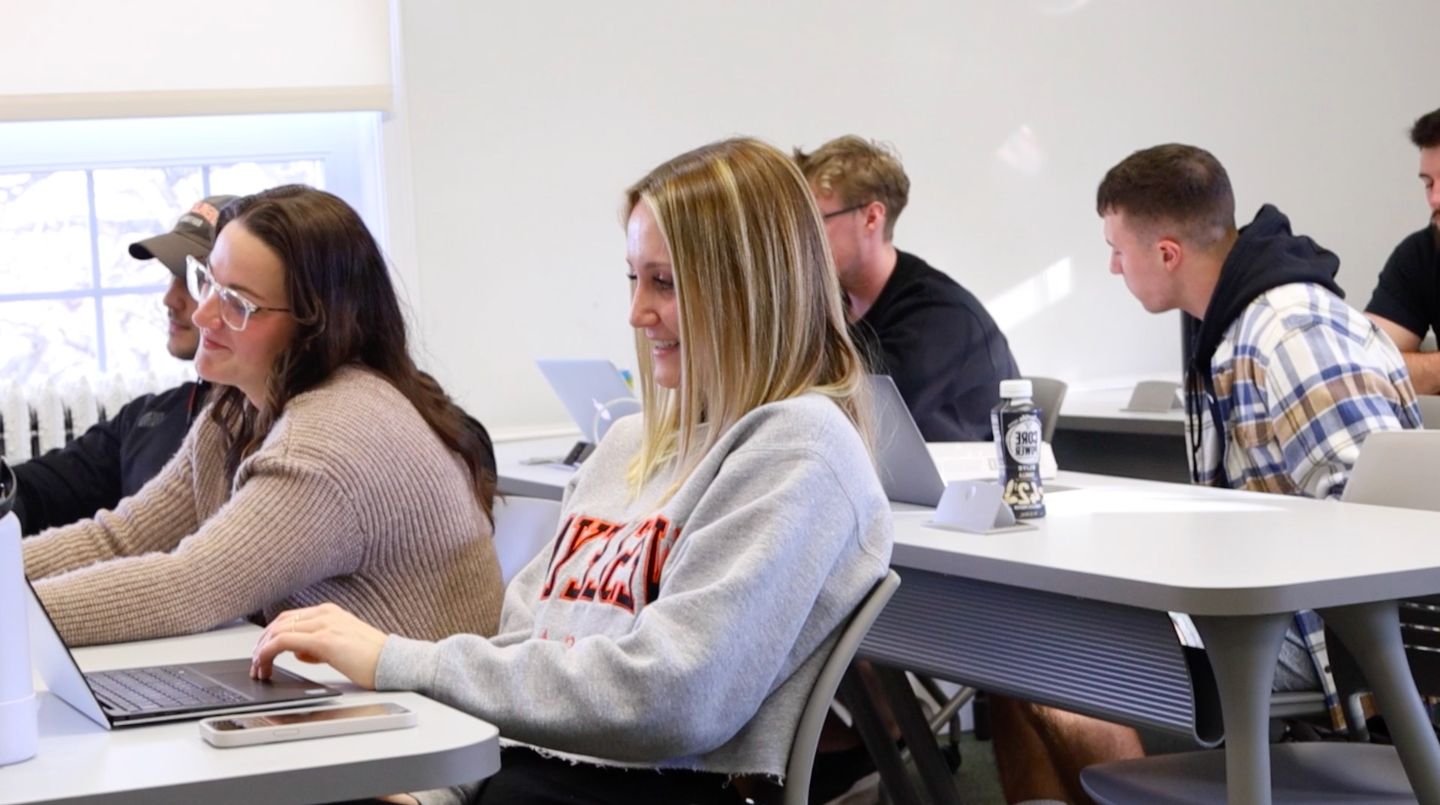
-
Chemistry & Biochemistry
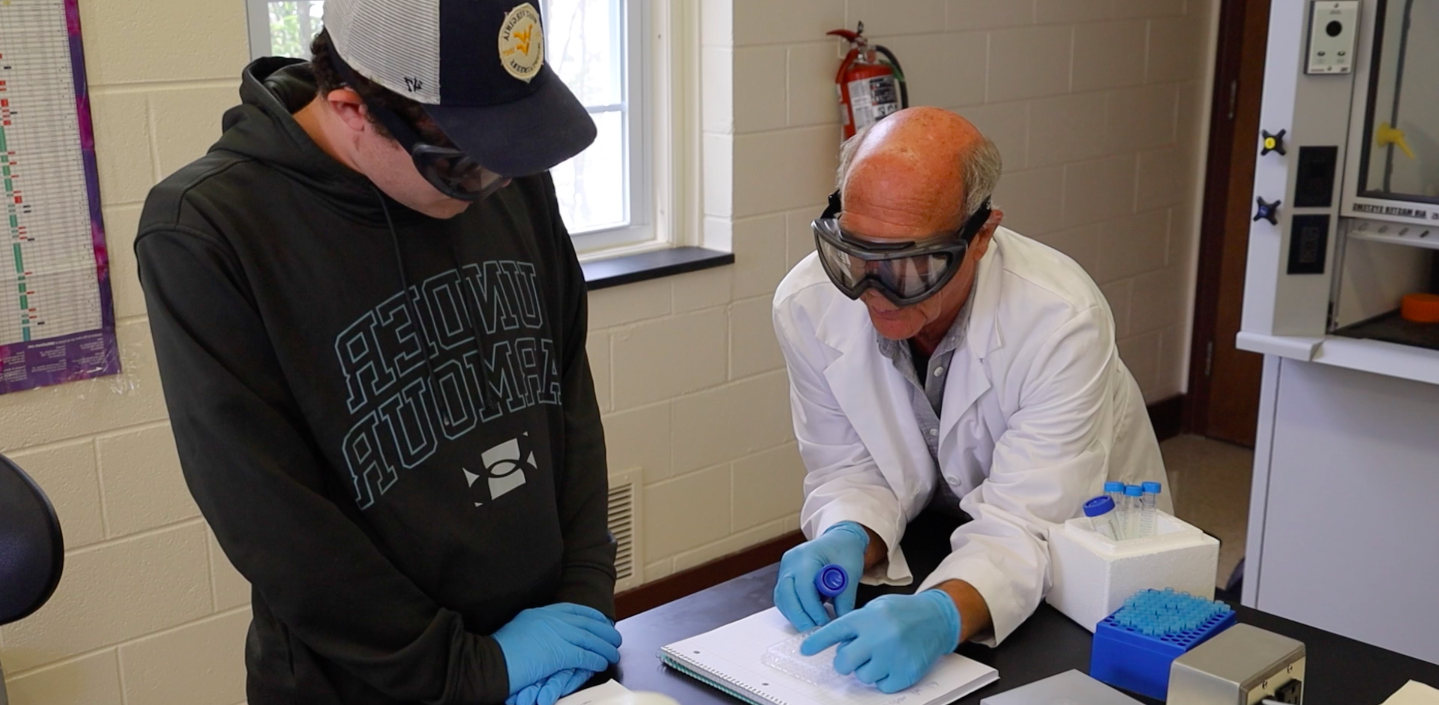
-
Communication & Media

-
Education
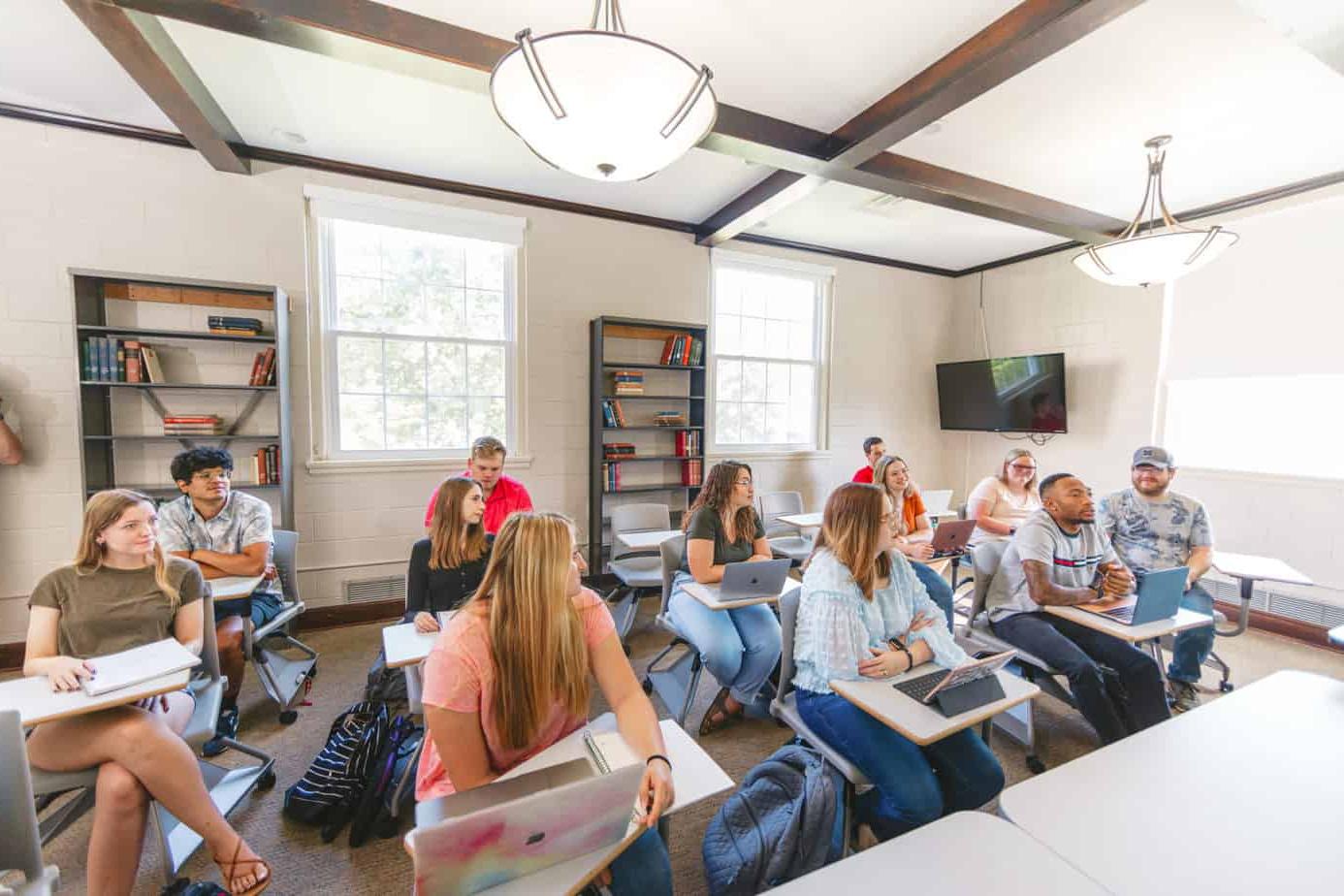
-
English

-
Exercise Science & Athletic Training
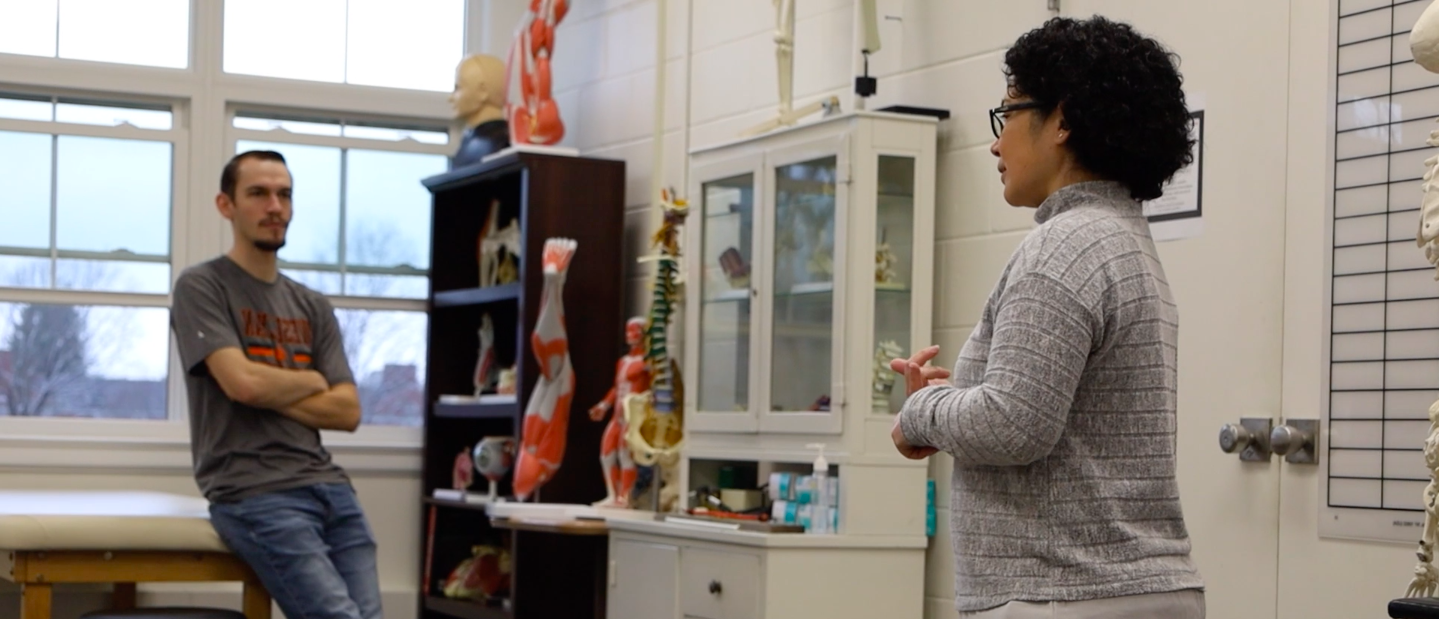
-
Health Sciences
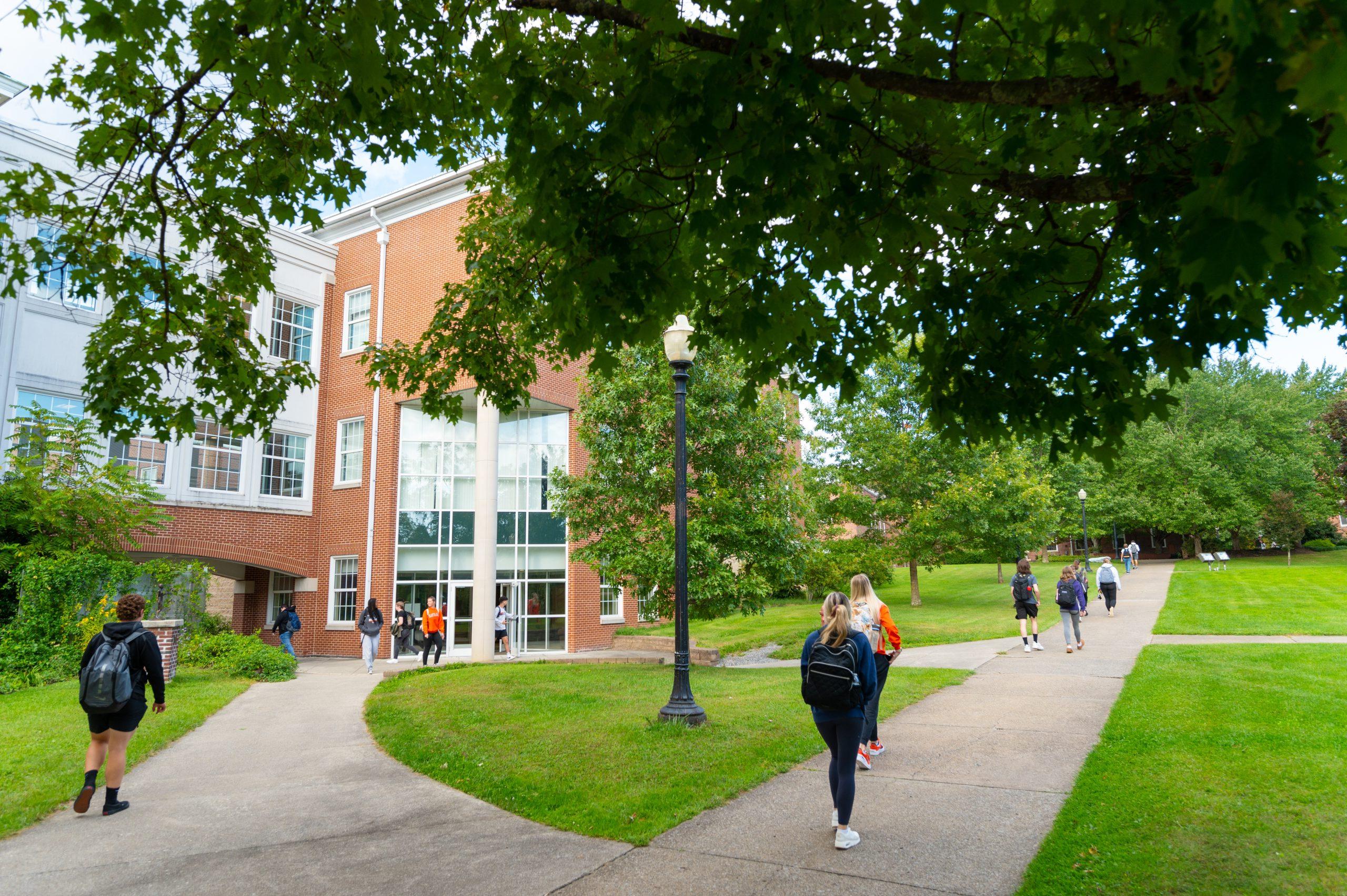
-
History and International Studies
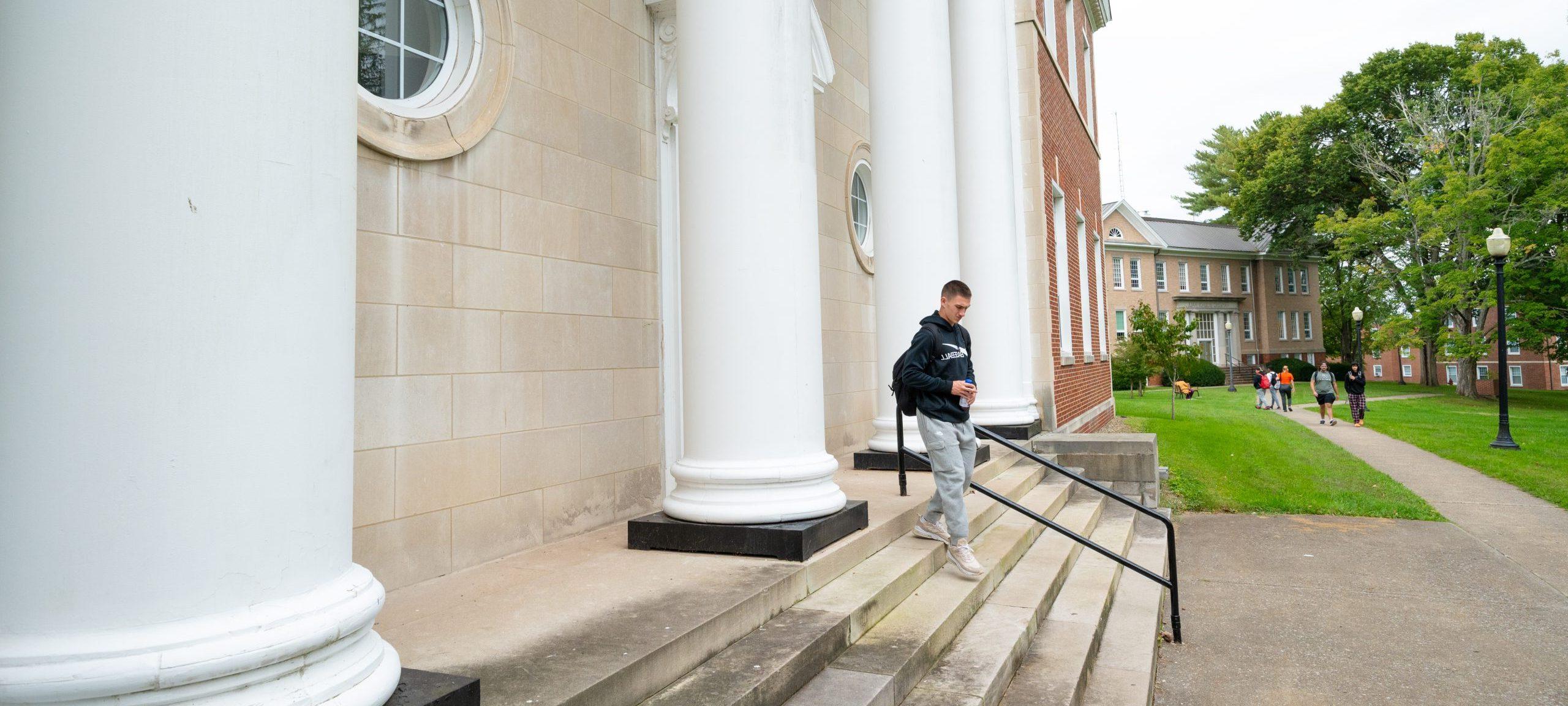
-
Mathematics & Computer Science

-
Music
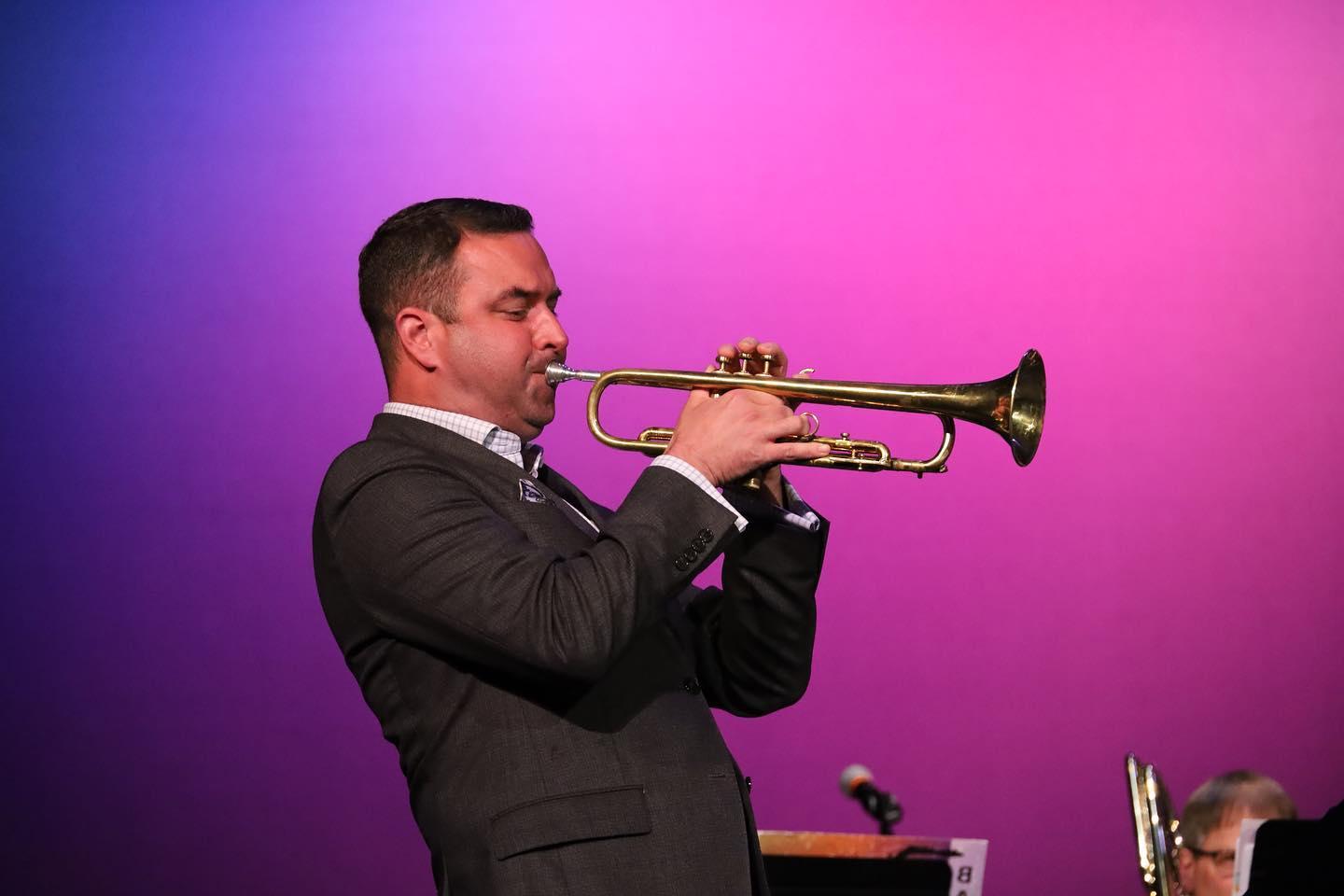
-
Nursing
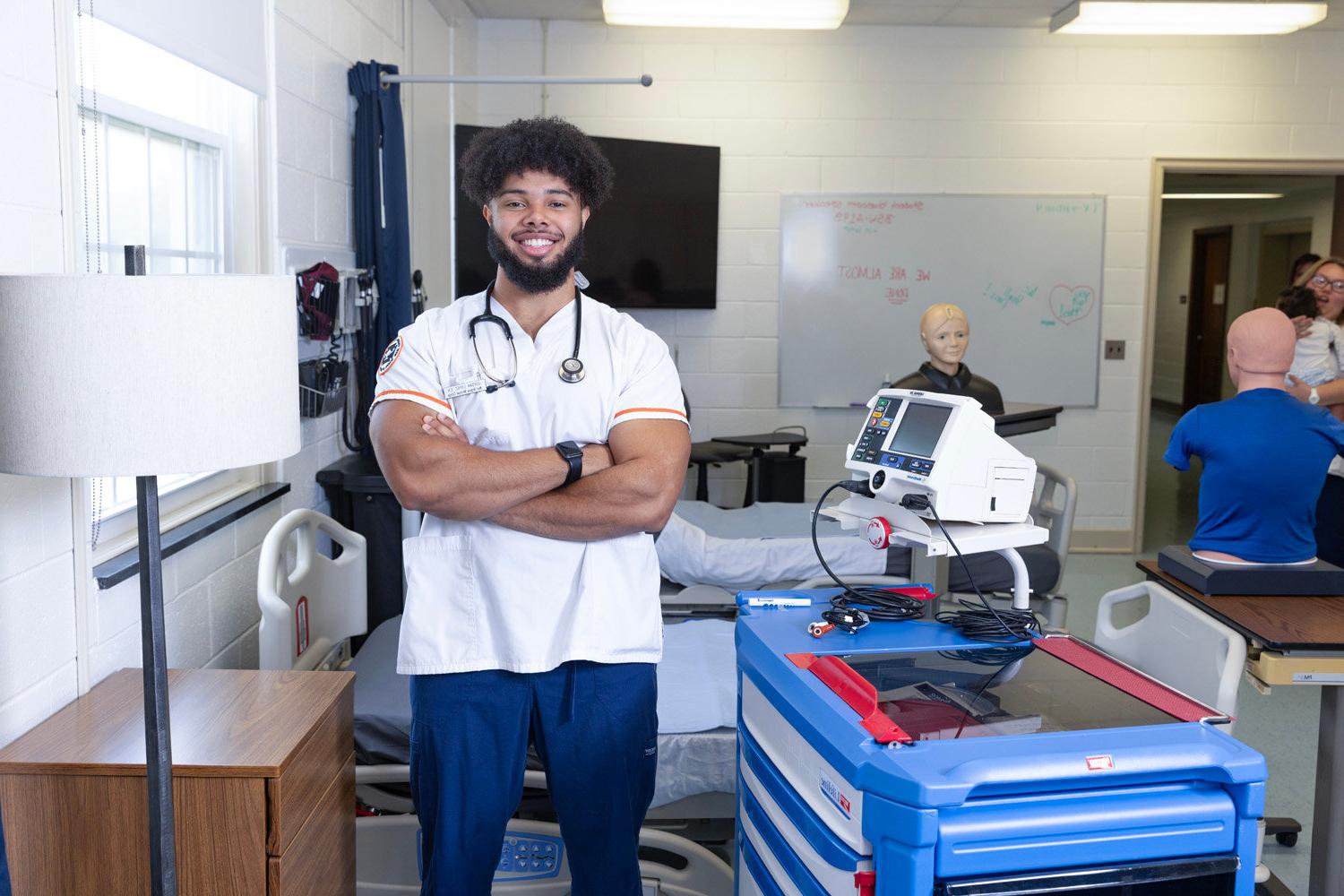
-
Philosophy and Religious Studies

-
Physics & Engineering
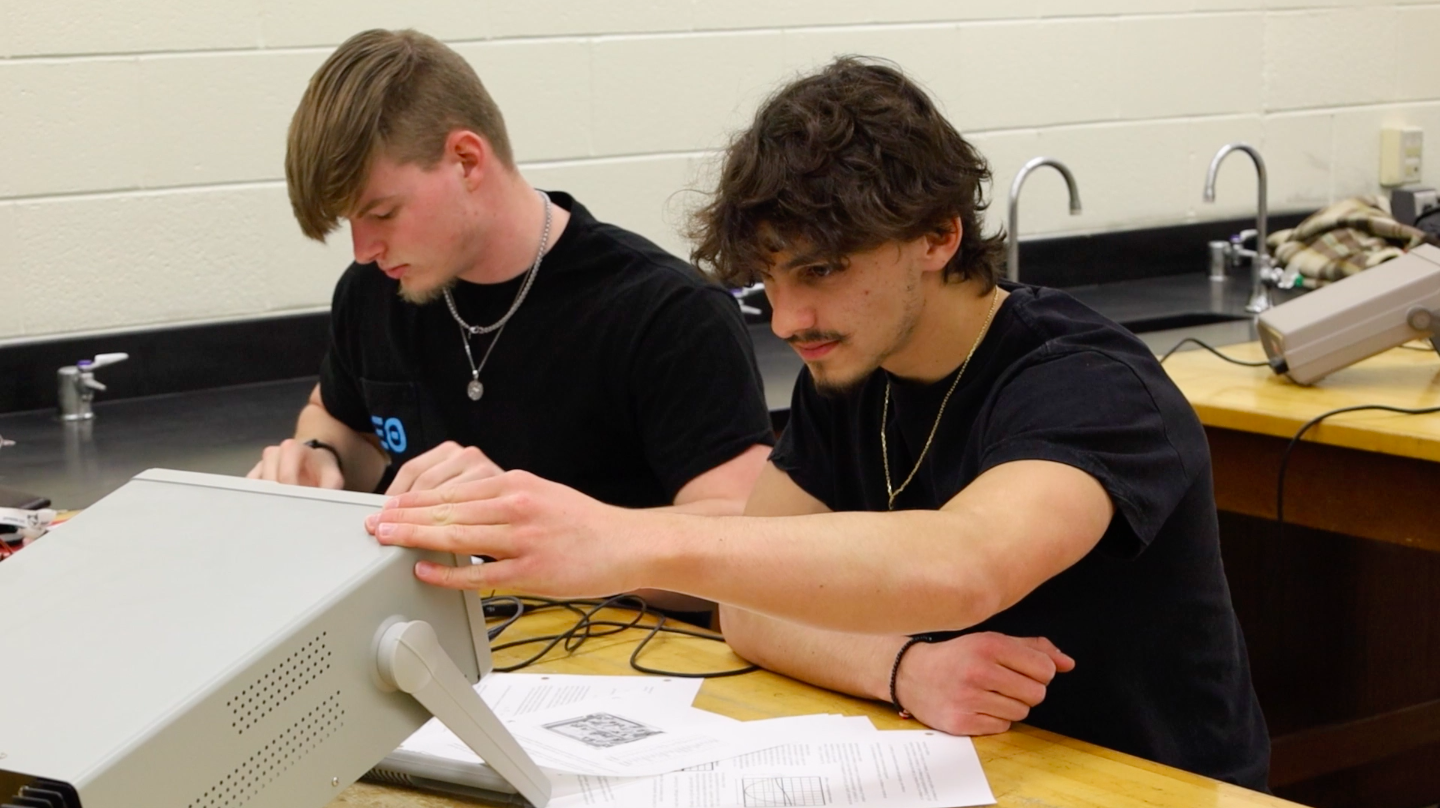
-
Psychology
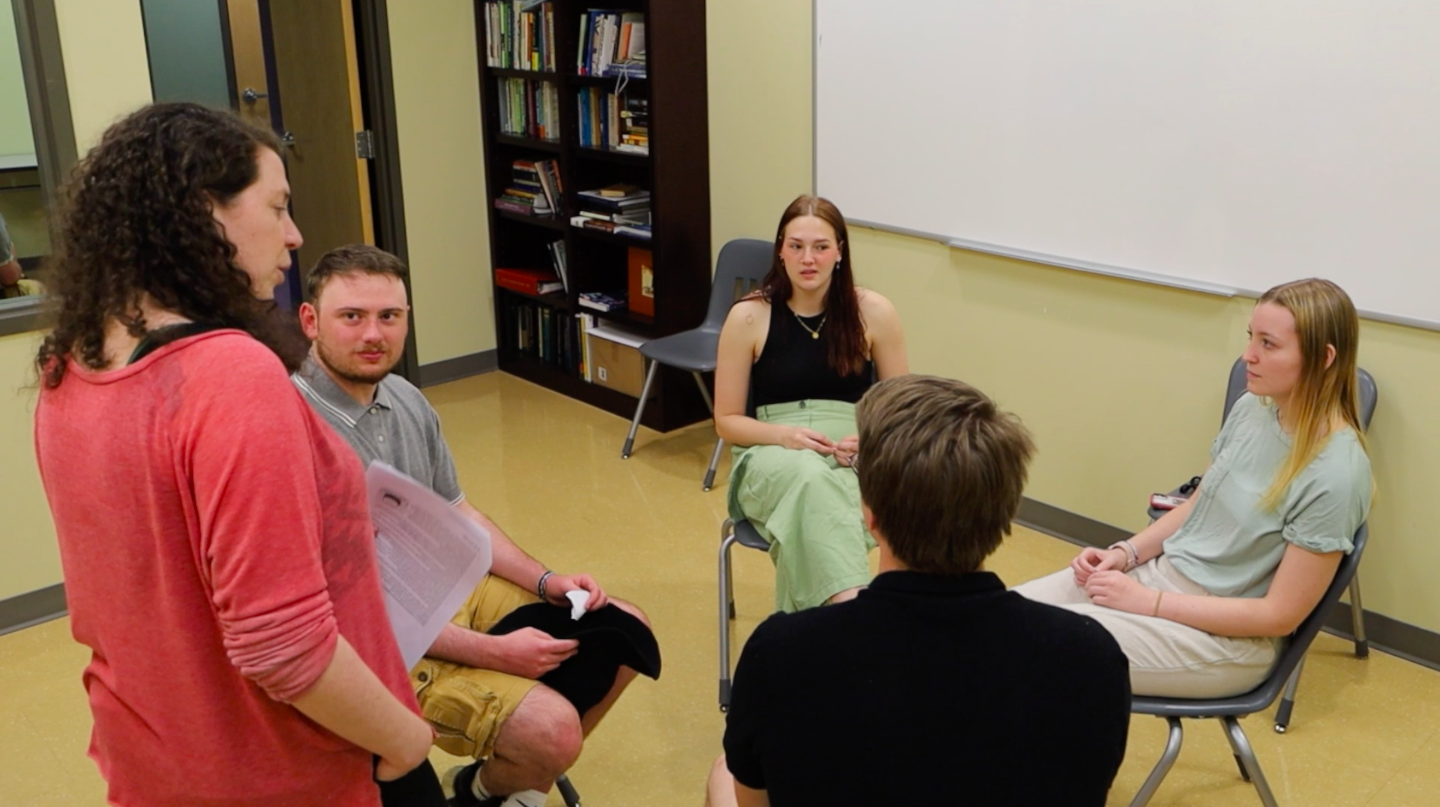
-
Social Sciences

-
Theatre and Dance Department


